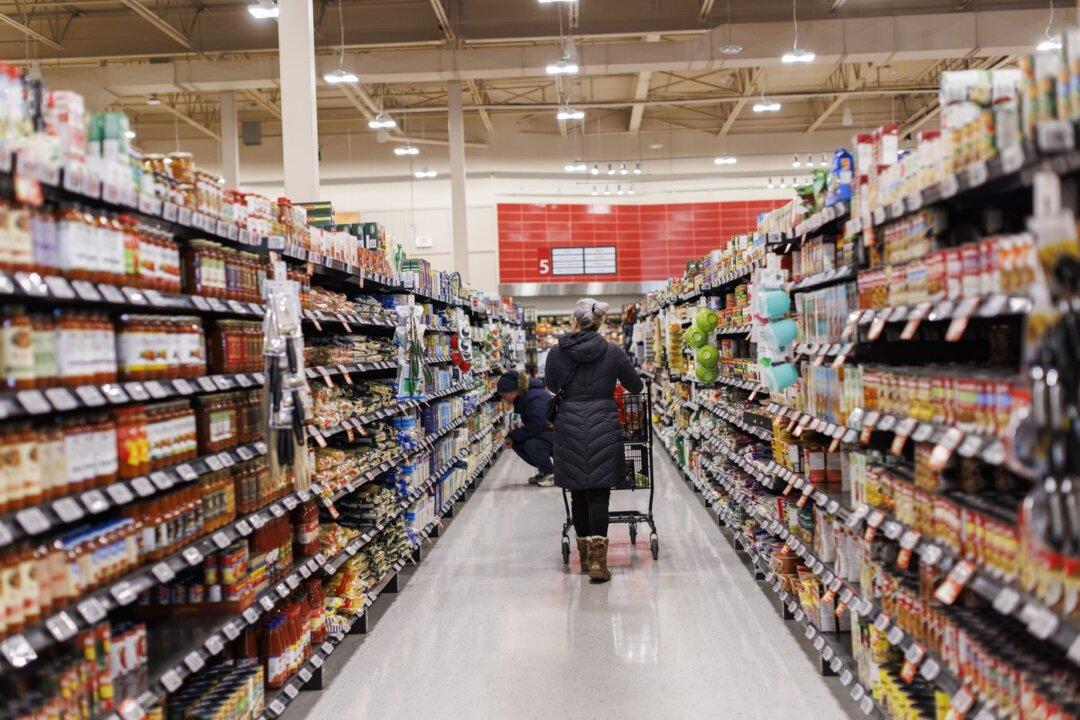Canadians are giving the Liberal government little credit for its measures to combat food inflation, according to in-house Privy Council research, with some describing Ottawa’s action on the issue as “late” and “insufficient.”
The comments were made among participants in federal focus groups on high food costs and the related actions the federal government was taking to help make groceries more affordable.
“Several questioned why action had not been taken sooner and with greater urgency,” said the October 2023 report “Continuous Qualitative Data Collection Of Canadians’ Views,” first obtained by Blacklock’s Reporter.
“Among these participants, it was felt that rising food costs had been an evident issue for a number of years and that more proactive measures should have been taken by the Government of Canada to prevent this situation from escalating into what, in their opinion, could now be considered a crisis.”Most of the focus group participants said they had not heard of any government actions being taken to address the high cost of groceries. A small number recalled the one-time grocery rebate meant to help eligible lower-income Canadians.





